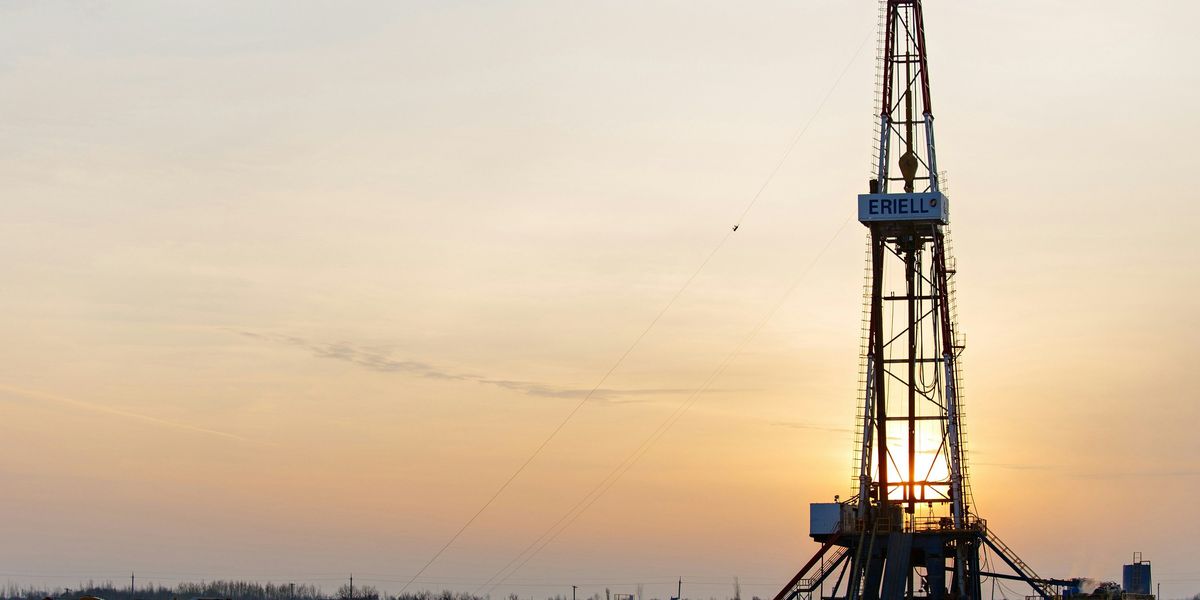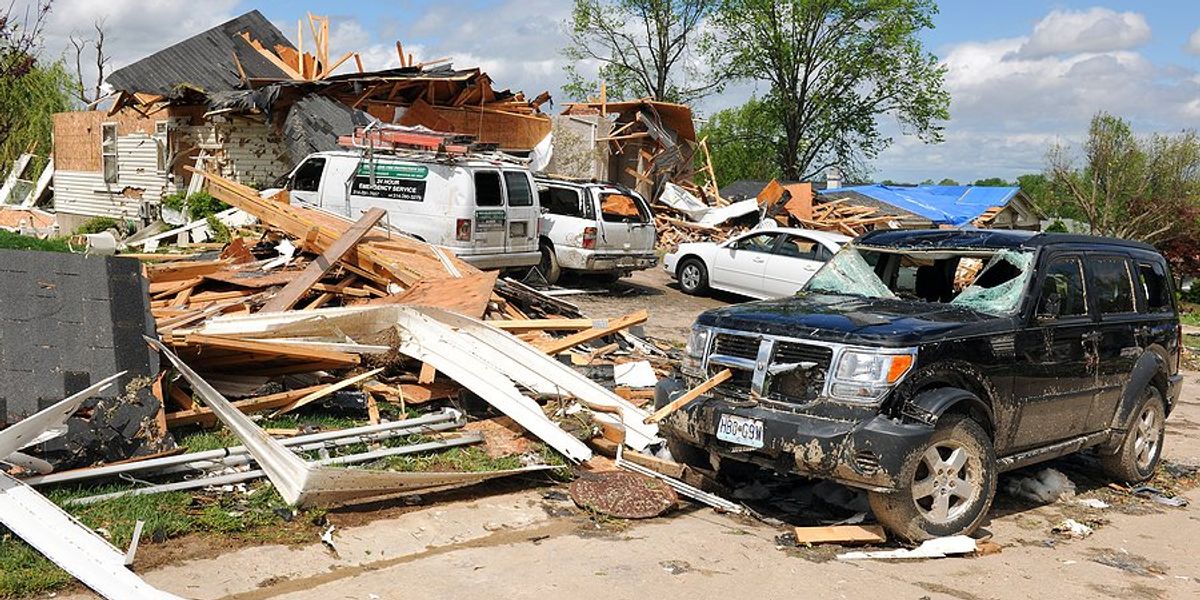
Germany’s Green party shifts its message amid far-right attacks
Germany’s Green party is downplaying climate policies in its election campaign as it faces mounting criticism from far-right and conservative opponents who blame it for economic struggles and push claims of an “eco-dictatorship.”
Ajit Niranjan, Raphael Hernandes and Marjan Kalanaki report for The Guardian.
In short:
- The Greens, once defined by climate advocacy, have focused on security, housing costs and economic issues to appeal to a broader electorate.
- The far-right Alternative für Deutschland (AfD) has framed climate policies as authoritarian, fueling opposition to Green-led initiatives like clean-heating laws.
- Despite losing young voters to the right, the Greens have seen a surge in new members after mainstream conservatives cooperated with AfD.
Key quote:
“Climate discourse has turned into something of a witch-hunt – where the far-right is screaming anxiously about windmills and many others are running after them.”
— Luisa Neubauer, climate activist
Why this matters:
Germany, the European Union’s largest economy and a major historical polluter, has long been a leader in climate action. But political backlash against green policies reflects a broader shift in Europe, where economic anxieties and rising far-right influence threaten climate commitments. If Germany’s Greens struggle to hold power, it could weaken the country’s ambitious climate goals and set a precedent for other nations grappling with similar political dynamics.














